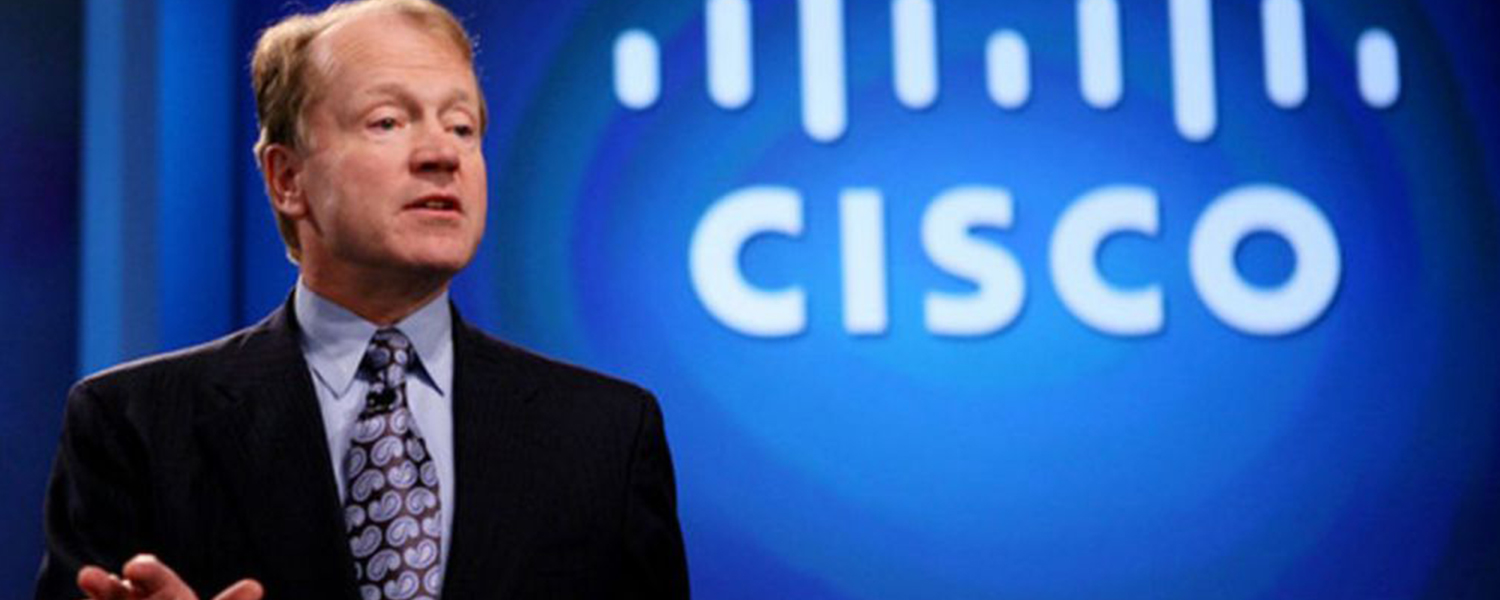
Thinking of shifting your email to the cloud? Patrick Kershaw weighs up the two common options.
Taking email services to the cloud is an increasingly common option being explored by small to medium business owners looking to get a better deal – both financially and in terms of risk management for their Internet-based communications.
And, as far as I'm concerned, considering the critical role email plays in all businesses these days, it no longer makes sense for any business with fewer than 100 staff to have in-house email services.
Cloud-based services are fairly robust and secure these days, and they ultimately provide the flexibility in cost and scalability that a business owner needs to be assured business critical information is safe. The options here are wide and varied, however I think there are a couple of key points and product sets which need consideration.
Essentially two types of cloud-based email services are most commonly used. These are Gmail and hosted exchange services.
Gmail
The benefits of Gmail are price, ease of setup, functionality and usability across devices. The downsides are that technically you don't own your own data. This is a common misconception across many international cloud services. There are still no international rulings or treaties which address data ownership – so as it stands right now, your data belongs to whichever country's jurisdiction it ends up in.
As the Googles and Amazons of the world replicate across multiple data centres right across the globe, your data ends up, I believe, exposed. Interestingly, given the US Patriot Act which enables the US Government to access ALL data that enters their country, many of the larger US corporates have folded and gone with the Gmail model, citing that this dispersing of data internationally matters little.
The same lackadaisical attitude does not extend to many players in the New Zealand/Australia market and there is still a fear of corporate theft which will come to fruition over the coming years. It is also a fear which doesn't seem to extend to under-45 year olds, who don't seem to care where their data ends up – probably a side-effect of growing up in the digital age.
Privacy of information is also an issue with Gmail. It plainly states in the Gmail terms and conditions that every email sent is scanned, and keywords used by yourself, and the recipient information captured to tailor-targeted advertising to both you and your customer. Some will see this as an unacceptable downside.
The support factor with Gmail is also a massive issue, unless you are working with a reliable Google reseller, who ultimately still has no control over the quality of service anyway. Lastly, and probably most importantly, there is no easy escape from Gmail and so no easy 'roll-back' should you want to change in the future. This needs to be thought about carefully.
Hosted exchange service
This alternative option literally takes your existing on-site exchange server and puts it in the cloud. International versions of this have the same downsides as above as far as data ownership and support.
However, one of the huge benefits is that you can put this email in a local New Zealand-based cloud, where data does not leave the country and you can ring and talk with a real person who is based in the country. This does cost more than Gmail, but is still a marginal amount of what you would pay to have the service locally, as well as removing all disaster recovery and business continuity concerns.
Also, as with all cloud services, it scales up and down with little or no capital expenditure.
If cost is your only care in the world, go down the Gmail path. Otherwise look to a local hosted exchange option to give you more security of ownership and flexibility.
Patrick Kershaw, is director NZ for technology support provider Horizon Pacific


Investment is schools in 2015 will see major school property developments and technology in classrooms. Associate Education Minister Nikki Kaye says the Government will invest $6...
Read More
In order to still exist in 10 years, companies need to partner up and embrace change, says John Chambers, Cisco Systems CEO. “In the high-tech industry, our competitors from 15-2...
Read More